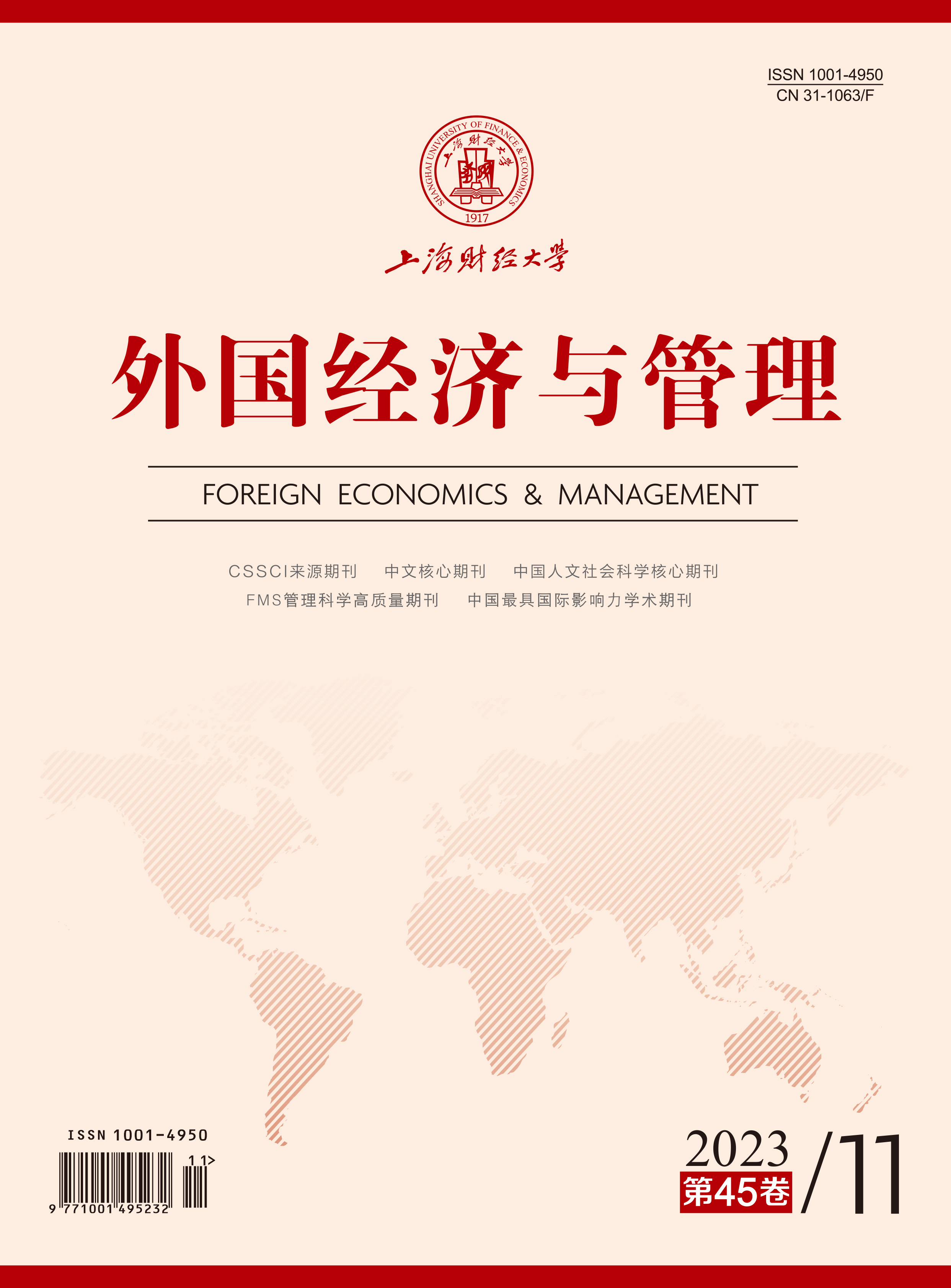Famous female economist Claudia Goldin was awarded the Nobel Prize in Economics in 2023 for having advanced our understanding of women’s labor market outcomes. Goldin’s most important work is to trace the evolution of gender gaps in the labor market in the United States over the past 200 years since 1790 through the excavation of a large number of historical archives, clarify the key facts behind the evolution of gender gaps in the labor market, and analyze the main driving factors behind these key facts in combination with history and family economics.
During this process, Goldin also makes contributions to the development of economic theory. First of all, Goldin inherits the spirit of Fogel’s econometric history and adopts modern econometric methods such as the DID method to conduct more credible empirical study on the driving factors of the female labor market, which fosters the research and development of Fogel’s econometric history. In addition, Goldin breaks through the inherent thinking based on “gender discrimination” and develops an economic analysis framework to analyze various factors that affect the supply and demand of female labor in a coherent manner. This is an extension and improvement of Becker’s family theory and discrimination economics. Last but not least, Goldin proposes the cohort approach to explore the intergenerational evolution of the female labor market, demonstrating the cohort effect of changing expectation and the introduction of contraceptives on the increase of female labor force participation in the 20th century. This is Goldin’s original contribution to economic research methods.
Goldin’s contributions help to understand the difficult balance between career and family for women over the past century. The main suggestion put forward by Goldin regarding the current gender income gap is to address it by making work schedules more flexible and improving substitutability among employees through job design. However, the effectiveness of this suggestion is worth discussing for it may lead to increased risk of being replaced and disadvantaged position of employees when negotiating with employers. Moreover, Goldin’s contributions lack normative analysis, and involve long-term factors such as slow changes in social structure, which poses a challenge for policymakers who wish to initiate policies that quickly take effect. However, Goldin’s contributions point to the principle and concept of “opportunity equality”, which has universal guiding value for institutional construction in modern social development.





 6291
6291  15779
15779

